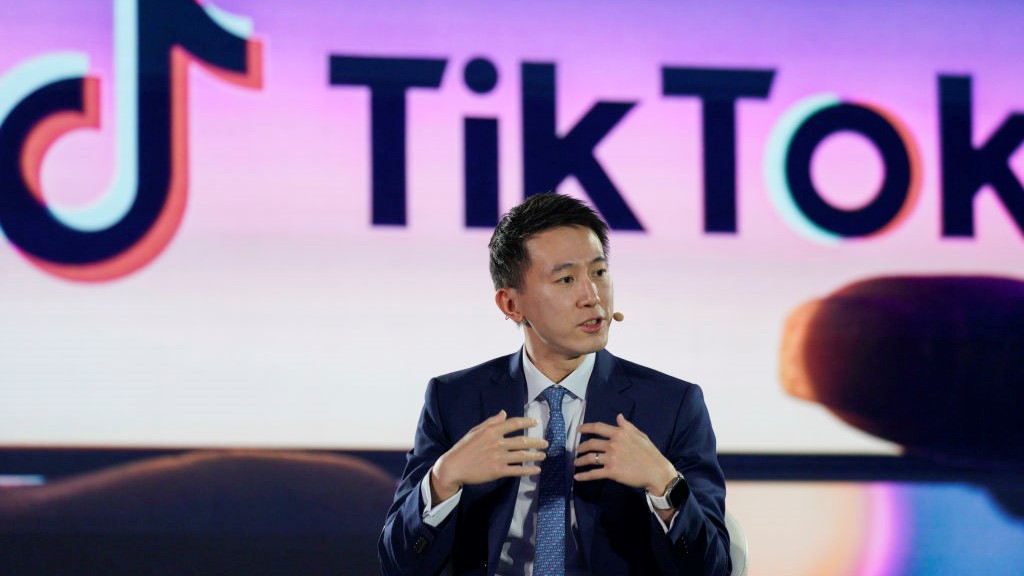TikTok workers hit back at software that tracks when they're in the office
TikTok could literally be forcing workers to return to the office

TikTok has become the latest company to enforce a return-to-office mandate, which is set to come into play in October, but it has also been reported that the social media company will up the ante by monitoring employee attendance from the get-go.
The past few months have been plagued with companies asking their workers to reconsider their hybrid working patterns, but in light of many employees’ dissatisfaction, TikTok looks to be policing its mandate with tracking software.
The news comes from a New York Times report, which uncovers some pretty extreme moves by the company.
TikTok won’t take no for an answer
According to internal communications seen by the site, TikTok will use a piece of software called MyRTO to monitor attendance, which is directly linked to the company’s existing software and IT services.
MyRTO is a tool designed to track badge swipes. Failure to check in to the office will see workers having to explain their absence to seniors, with workers, supervisors, and HR all reportedly having access to these records.
TikTok isn’t alone in its decision to track worker attendance, with the likes of Apple and Google also having explored the option.
The report sees TikTok taking it one step further, though, with the firm reportedly preparing to withhold lunch stipends for those who don’t check in frequently enough.
Are you a pro? Subscribe to our newsletter
Sign up to the TechRadar Pro newsletter to get all the top news, opinion, features and guidance your business needs to succeed!
A TikTok spokesperson told TechRadar Pro in an email: "The MyRTO tool, which was announced and rolled out last week, allows employees to view their own personal data, capture valid out-of-office business reasons, and correct inaccuracies when needed. The ultimate goal of MyRTO is to provide greater clarity and context to both employees and leaders regarding their RTO expectations and in-office schedules as well as help foster more transparent communications."
As time goes on, it has become clear that companies prefer office-based working to WFH, with many citing productivity boosts relating to ad-hoc encounters, but for many, a company that fails to value their decision to work remotely can be cause for them to want to leave. In reality, we’re likely to see the employee-employer battle continue for some time yet.
More from TechRadar Pro
- Has this news got you thinking about a career change? It could be time to check out the best job sites
- Help yourself to stand out by using the best resume builder
- Meta is officially forcing workers back into the office
With several years’ experience freelancing in tech and automotive circles, Craig’s specific interests lie in technology that is designed to better our lives, including AI and ML, productivity aids, and smart fitness. He is also passionate about cars and the decarbonisation of personal transportation. As an avid bargain-hunter, you can be sure that any deal Craig finds is top value!
